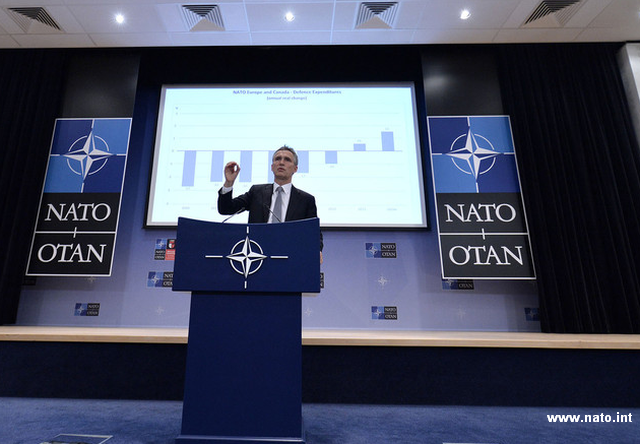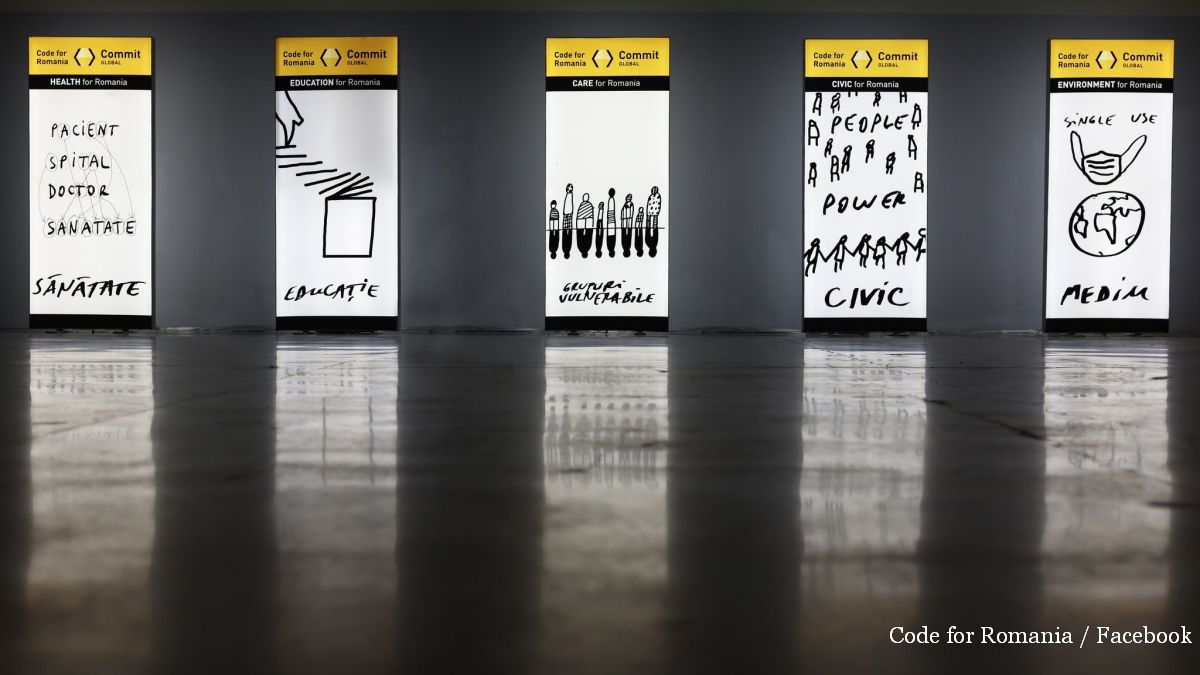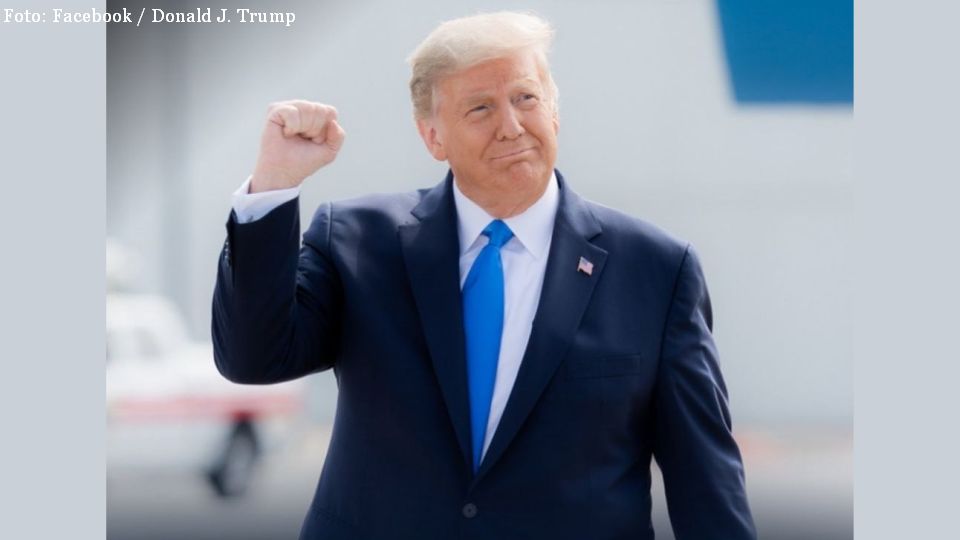NATO and the threat of terrorism
NATO stands united in the face of terrorism in any form.

Corina Cristea, 11.08.2017, 00:10
As terror attacks intensify, NATO has issued a clear signal – the Alliance stands united in the face of terrorism in any form, and will answer in a coordinated manner against threats to allied states. NATO Secretary General Jens Stoltenberg has announced that NATO will join the coalition against the Islamic State organization and will create an intelligence structure to address it. At the same time, the alliance will appoint a coordinator for this purpose.
We spoke about these decisions with Professor Iulian Chifu, head of the Center for Conflict Prevention: “Europe has been facing over the last few years the effects of this terrorist action, and it is true that there is, largely, this principle of the enemy within, the enemy from within the city, but, to an equal measure, there are these areas controlled by the DAESH, Islamic State in Syria, Iraq terror organizations, which favor the travel of foreign fighters, their training, and we have seen Paris, Berlin, and London getting bloodied. This is a scourge that concerns and threatens us all.
The North Atlantic Alliance of the future has to focus more on terrorism and migration, as well as on the threat posed by Russia on our eastern and southern frontiers, according to the new leader in the White House. For these reasons, Donald Trump added, I was very direct with the NATO Secretary General and the members of NATO, telling them that they have to pay their fair share and comply with their commitments, meaning allocating two percent of their GDP for defense.
Speaking on Radio Romania, military analyst Alexandru Grumaz estimated that there are three levels on which the allies have to engage the American president, who holds firm his position on the financial contribution of each NATO member state: “Allied countries have to take part in this financial effort made in this alliance, to share the effort for the alliance and for their own interest in allotting 2% of their GDP for defending that country. One – sharing financial obligations and expenses for defending each state, two – the commitments that Donald Trump makes towards European security, and three – the role of NATO in the anti-terrorism effort – these are the three great problems that have to be debated right now.
Problems to be debated, considering that all allies are of the same opinion, expressed by the secretary general of the North Atlantic Alliance, Jens Stoltenberg, who said that ‘NATO was more than a treaty, more than an organization. It was the unique tie between Europe and North America.
Political analyst Iulian Chifu reviewed the commitments at the level of the Alliance, commitments on three directions: “First of all, at the financial level, we are talking about allocating 2% of the GDP, and by the end of this year each member state will have to submit its own time line of commitments to reach this target. Starting at the NATO summit in Wales in 2014 and reaffirmed at the NATO summit in Warsaw last year, this commitment was made unanimously by all allies. It is just a matter of compliance. As to the second component in terms of cash, in the financial area, it is about 20% of this amount to be allocated to latest-generation capabilities, to research and development in this area, because it can be seen that European countries are starting to lose their capacity of interoperability with the United States. The Alliance has seen, not just once, that it needs certain capabilities for common defense. As to the third commitment, it is related to commitments to NATO missions.
We asked Iulian Chifu if NATO would be able to solve these issues of a timely manner: “It is not even a question whether or not they will solve them. We are talking about the North Atlantic Alliance, about countries that committed. Each is responsible, and a sovereign state, and the moment they signed off on the documents of which we are talking about, and which are the result of the negotiations and agreement of all members of the Alliance, from that moment on I don’t think that there are any question marks.
Romania wants the North Atlantic Alliance to be strong, united and cohesive, and for the eastern flank to be consolidated in a balanced manner, it is a priority for the Black Sea area to remain at the center of attention, and for the trans-Atlantic alliance to be strengthened. As regards Russia, there has to be a unitary approach, that being the position of Bucharest, expressed by head of state Klaus Iohannis.






























